Paradox 1: Escaping Fate by Henry Brown
Reviewed by
![]()
I don’t like time travel tropes. The whole concept of time traveling usually ends up giving me a headache. But I’d be a liar if I said there were NO works of fiction out there (based on time-traveling) that I didn’t end up loving over the years. The biggest example of this is Wild Stars by legendary Michael Tierney!
A new series can now be added to my collection of rare favorite time travel-based pulp novels: PARADOX, written by none other than your Virtual Pulp editor-in-chief Henry Brown!
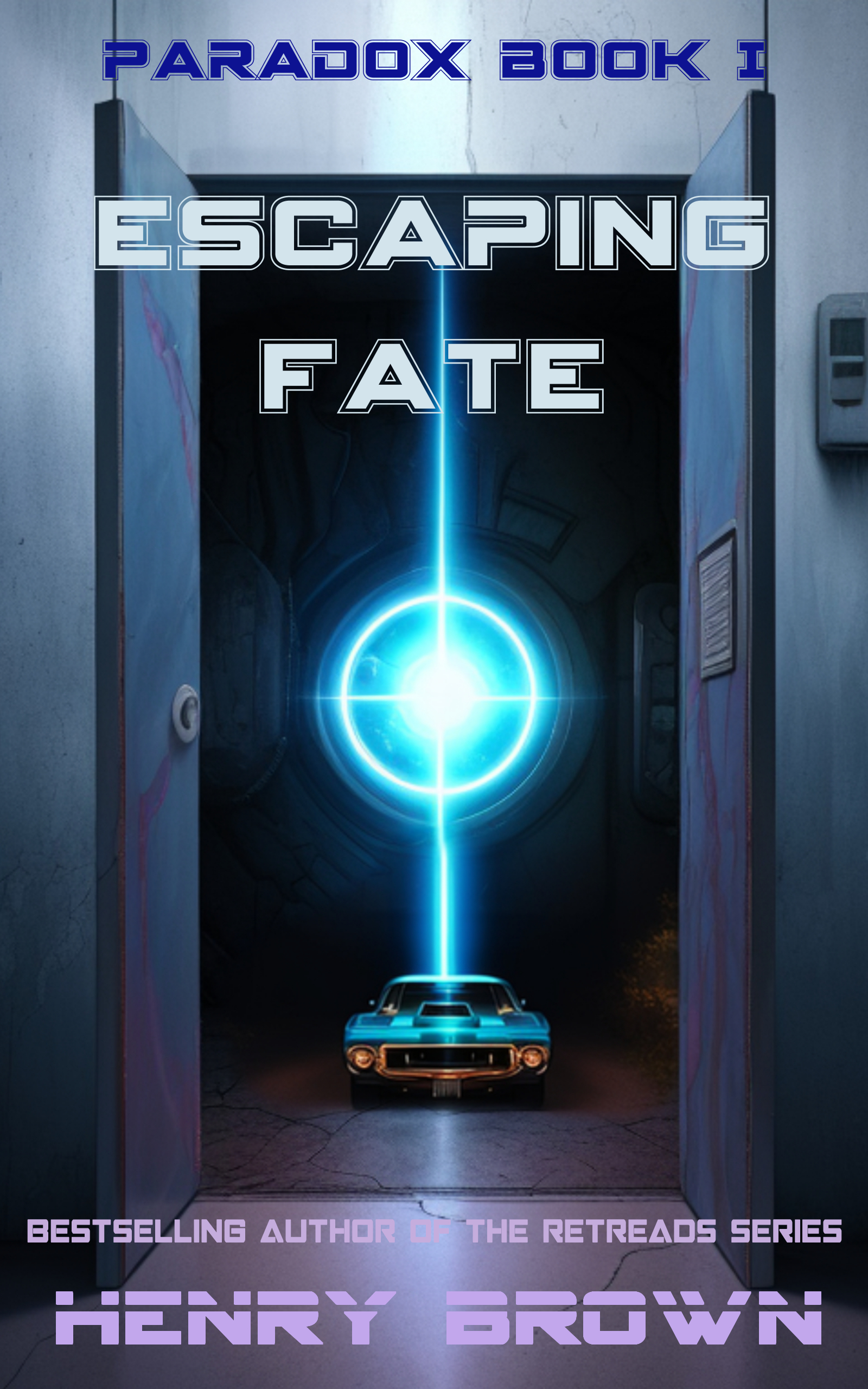
Escaping Fate covers the entire first volume of Paradox, and this is where we are introduced to our main characters–Peter and Uncle Si–in their present circumstances. But before we discuss those in more detail, it’s important to see that this story is comprised of THREE fundamental layers which work together to produce what I believe is a new cultural dimension of Americana:
- Socio-cultural
- Developmental
- Fictional
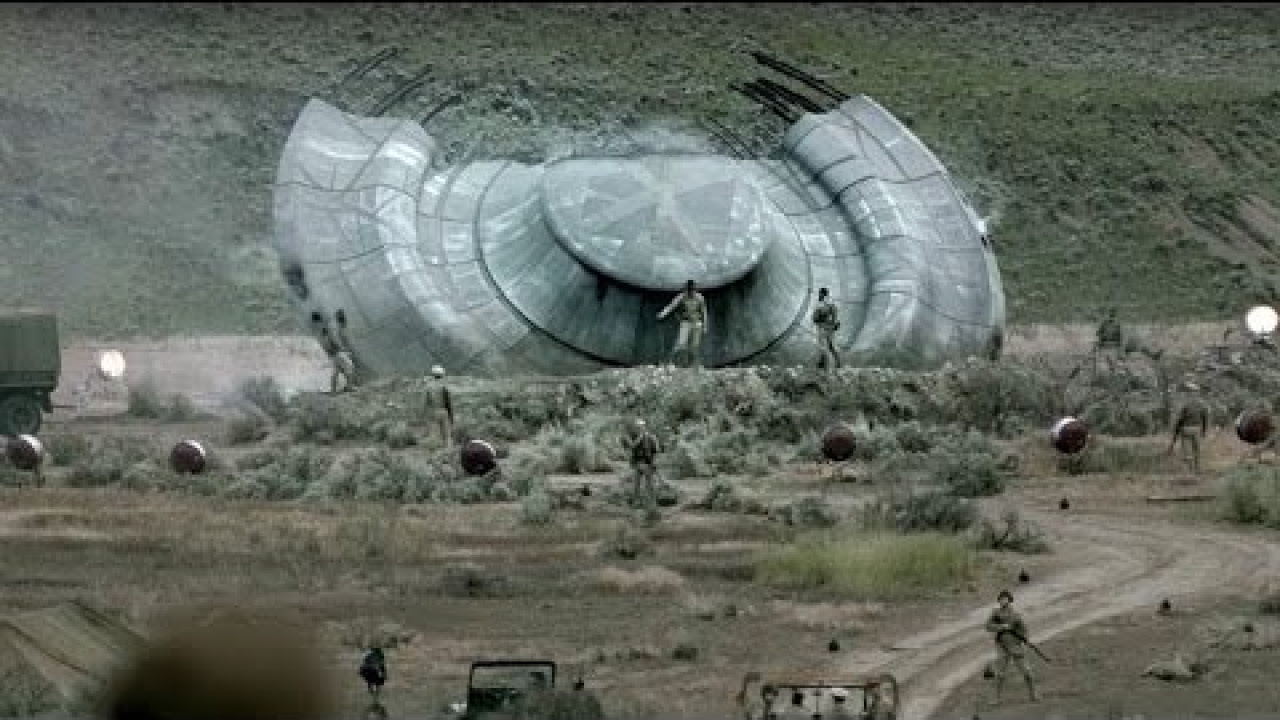
Socio-cultural: the story is not just a fun and exciting adventure, but it is a mirror of the social and cultural aspects of humans–specifically in the US. The time traveling tech here offers an eye-opening lesson on how and why humans behave the way they do, and from one generation to the next. Why were people in the 1950s, for example, so much different in behavior, likes, dislikes, interests, and ambitions from our contemporaries? Or why was a family able to sustain itself on a single income? These and other complex socio-cultural questions are intelligently tackled in the pages of EF.
Developmental: Daniel and Mr. Miyagi, Rocky and Mickey, Neo and Morpheus. What all these iconic duos have in common is that they all show a very special teacher/student relationship, with the student going through a developmental journey which otherwise would have never taken place. Similarly, young Peter literally goes through his own transformation/maturing via the teaching of Uncle Si. The image of the mentor not only supervising the student but caring for him and nurturing him is here on display and THAT is where for me the story really sets itself apart!
Fictional: the time travel technology, the rigged vehicles and airplanes, the ‘invisibility’ raincoats, are all showcased here in all their glory. This is the sci-fi element of the story. If you like to read about cool toys, there’s plenty to spare here!

PLOT:
Without giving too much away, Peter is a kid of age 12-13(?) raised by a single mom in 1988(?) St. Louis. Living in a shabby trailer with mom, barely making ends meet is a constant toll on Peter’s psyche. The health of a child is strictly connected to the health and cohesiveness of his family. Eating stale buns is the norm for Peter. Not having friends other than his dog is just one of the many results of his present situation.
But circumstances suddenly turn around with the arrival of enigmatic Uncle Si into Peter’s life. Uncle Si takes Peter under his wing to teach him how to basically stand for himself and become a man. When a group of futuristic hitmen attack his trailer–taking the lives of both his mom and step-brother–Uncle Si rescues Peter and enlightens him on his true identity as a time travel bandit.
Peter and Uncle Si will visit several time periods together, and each trip will prove a teaching lesson for the youngster.
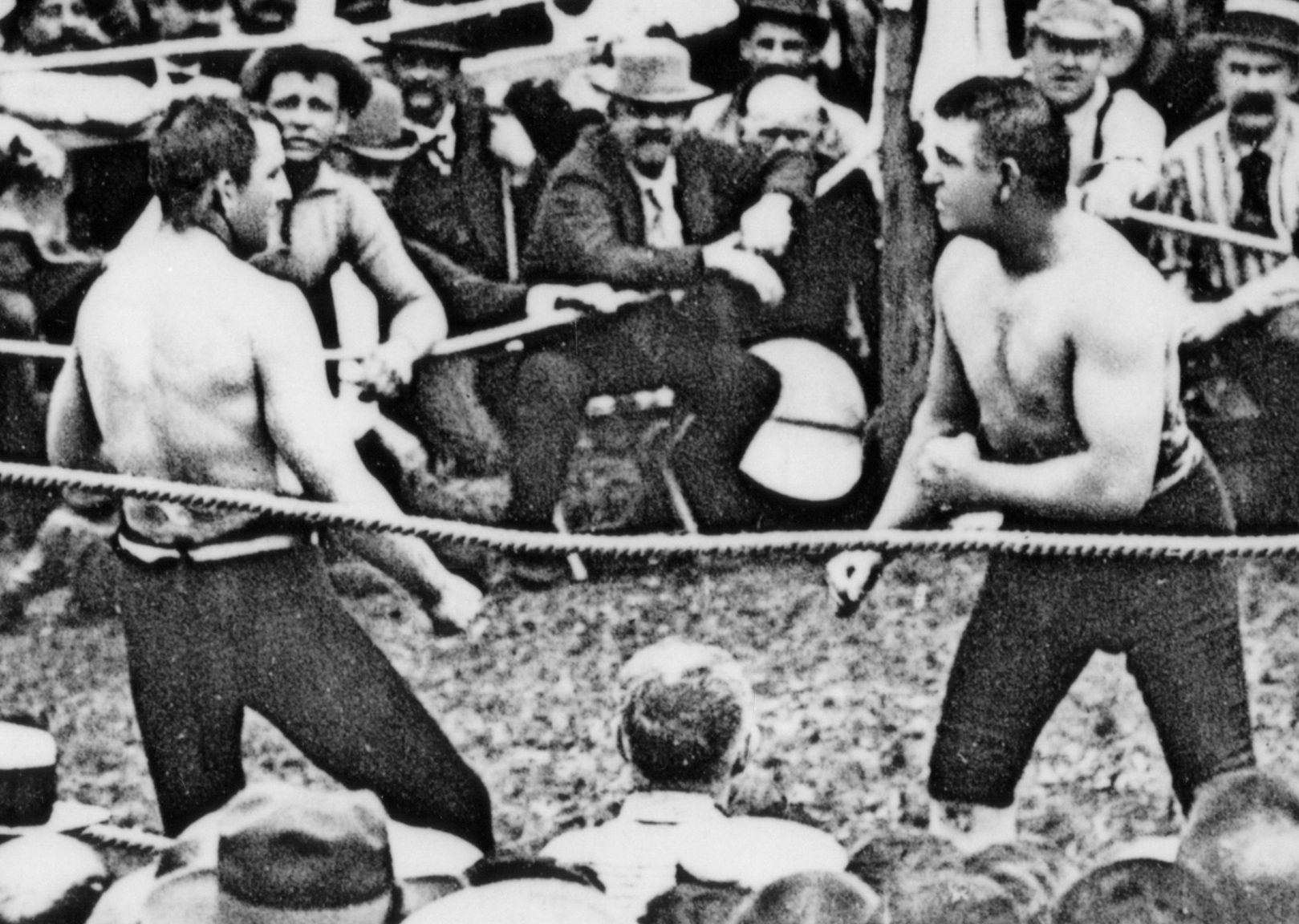
CONCLUSIONS:
I think that this book should be read less as a sci-fi novel and more as a source of reflection upon the history of the US and the West, and understand what elements have played a role and continue to play a role in the quality of life that is considered the norm. If you lean left you’d probably be skeptical of some of its content, and that’s OK too. But in my humble opinion this is a pillar of US fiction literature and families should read this together and have a conversation about it.

The refreshing thing about ESCAPING FATE is that the author understands that portraying people from a different era is not just about putting them in period clothes. Their cognitive processes were developed during entirely different circumstances than ours. Their attitudes and tendencies are going to be different from ours. This is something that a big majority of modern writers fail to grasp or refuse to acknowledge.
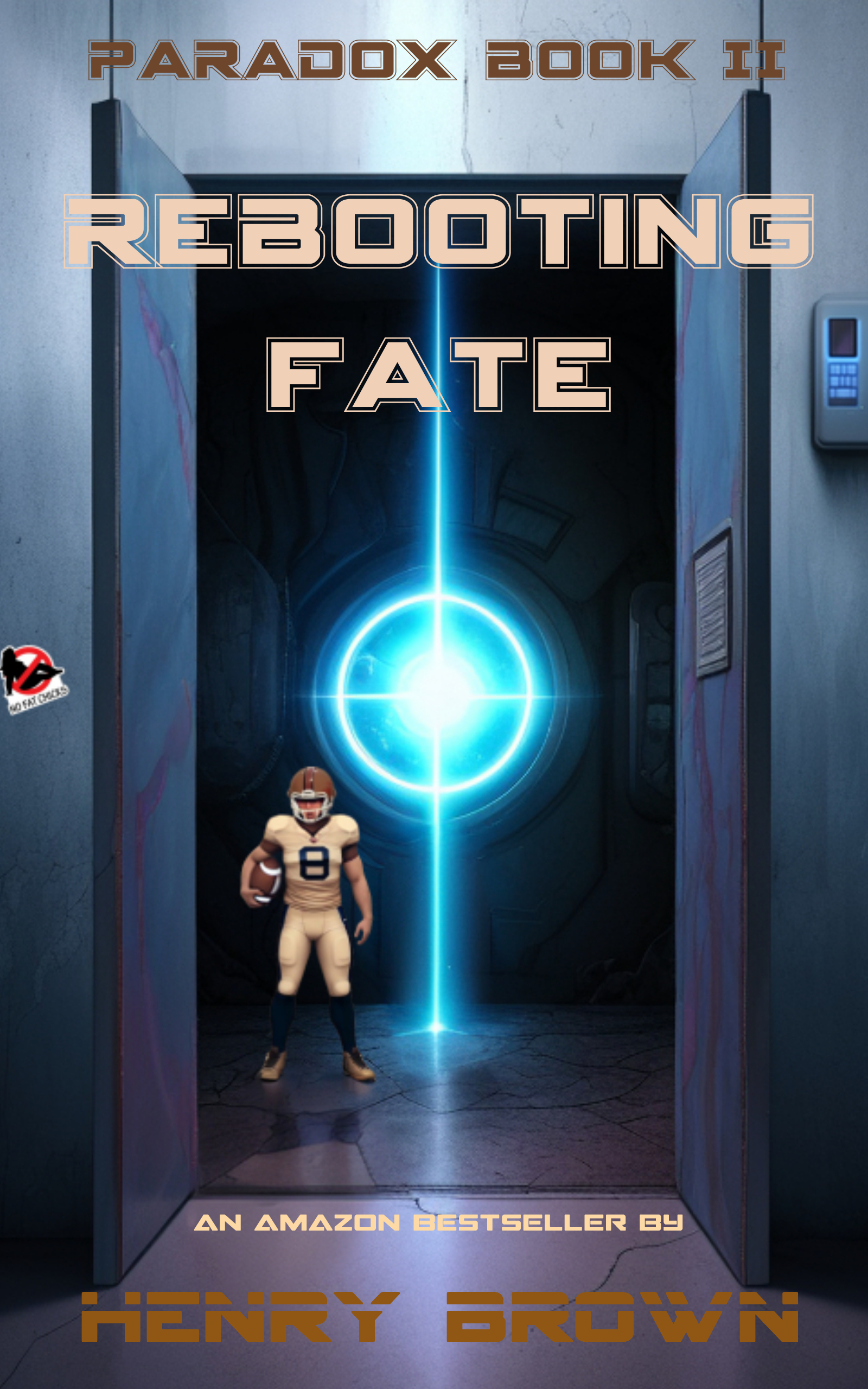
My only issue was that the ending of Book 1 felt very incomplete. Readers won’t feel a sense of fulfillment UNLESS they read Book 2 next. That’s fine, but like I always say: if you expect readers to PAY for your book, you have to offer some sense of fulfillment by the time they get to the last page. Can you read Book 1 by itself and get some degree of fulfillment? Or does it leave you hanging like you just bought ⅙ of the entire book?
My advice? By all 6 volumes together!
🦀
Editor’s note: A “box set” of all six E-Books in the series is forthcoming.
UPDATE 1: The Box Set for Apple, Kobo, B&N, and other non-Amazon sites, is available for pre-order.
UPDATE 2: The Box Set is now available on Amazon.

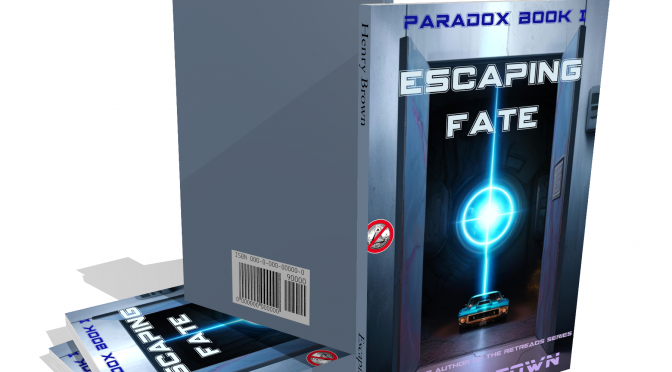
Must say, box set sounds tempting…
Thanks for dropping by, Robert. I am working on the box set as I type this. It might be published on Amazon Monday or so. It’s already available for pre-order on the non-Amazon sites: Paradox Box Set
I hope you do pick it up.
Sounds like a fun read! Glad to hear there’s a good sense of immersion regarding historical periods–that’s really key if you’re going to sell a reader on a story set in another historical period. I already bought the entire series, so these are on my TBR.
Many thanks, Michael–for the comment and for buying the books!
Michael, I hate time travel tropes and I couldn’t stop reading this! That’s how well written it is!
🦀
Thanks, Gio. I had assumed the time traveling was a deal-breaker, so this is win-win all around.